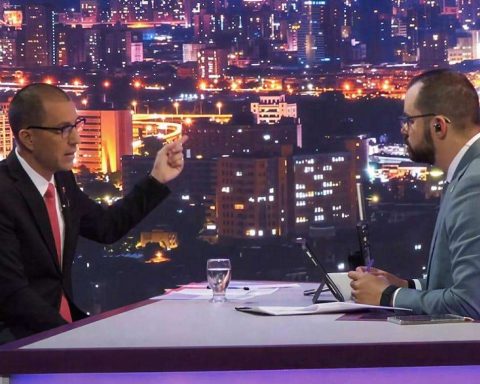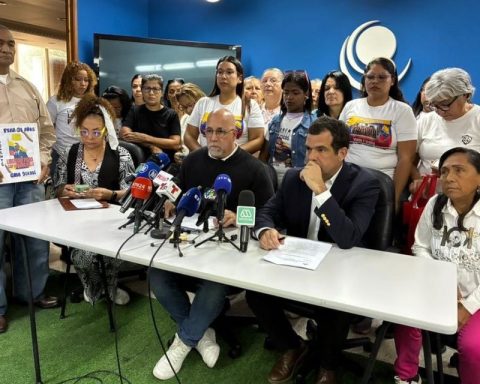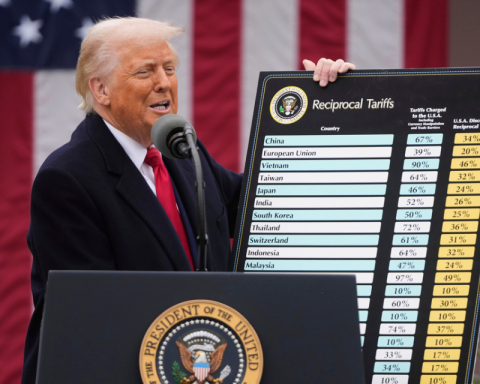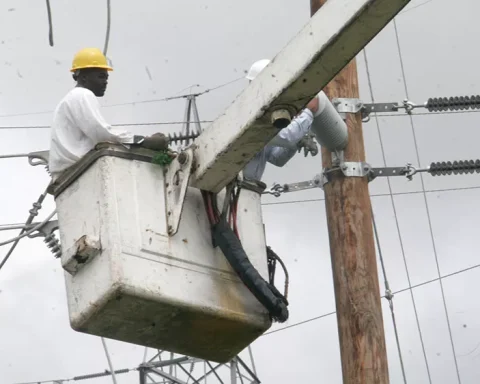The fragile opposition political climate has recently been disturbed as a result of the “open letter of the 25” to the US government asking for the sanctions to be eased and then that of “the 68”, demanding that they be reinforced…
Such letters reflect and express the serious situation of the opposition, make visible the internal fracture while denouncing a significant crisis of representation in that political space. Difficult scenario that alludes to the quality and degradation of the relationship of representation between the opposition citizenry and its leadership. Representation crisis, prolonged over time, which directly affects the link between citizens and their political representatives, consequently generating a serious disconnection between political power and citizens, pushing them to indifference and rejection of their leadership. A tired and disillusioned opposition citizenry that does not feel identified or represented, prone to abstentionism and political self-exclusion. Convinced that her will is not taken into account, she will end up not trusting, consequently producing a rupture and a loss of legitimacy of the opposition political parties. A crisis whose effects transcend the relationship of representation, since it not only weakens it as a possible alternative to power, but also generates an imbalance of power that favors the Government, further hindering the democratic game. The crisis of opposition representation occurs in a national context afflicted in turn by a prolonged internal multidimensional crisis, where a difficult institutional situation stands out. While it converges with the country’s crisis, it feeds it and aggravates it. Without underestimating that, as we pointed out above, the weakness of the opposition favors the “excess of power” of the Government, further deteriorating democracy. Hence the importance of analyzing and evaluating the critical opposition situation, given its consequences for democratic functioning and the quality of democracy.
Crisis of representation that, if prolonged over time, will in turn fuel the prevailing crisis of credibility and trust, which could dangerously lead to a serious process of disidentification with representative democracy.
@maryclens


















